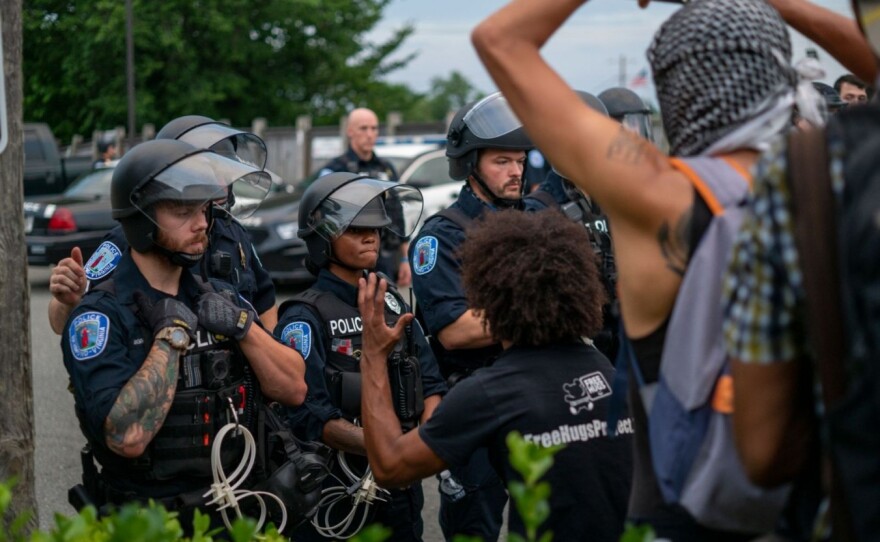RICHMOND — Legislation to increase penalties for alerting police, fire or emergency medical services personnel to false emergencies passed the General Assembly with bipartisan support and will take effect on July 1.
House Bill 1572, introduced by Del. Wendell S. Walker (R–Lynchburg), will now make it a Class 1 misdemeanor to report a false emergency to emergency services, commonly referred to as "swatting."
There are stronger penalties if someone is injured or dies as a result of the fake emergency, too.
“We were finding out that a lot of the schools were getting these so-called bomb threats,” Walker said. “People calling in and saying something terrible is going to happen in the school or there's a bomb going to go off.”
The enhanced law will lead to a $2,500 fine and up to 12 months in jail for calling in a fake emergency — or both. The bill came out of several conversations with the Lynchburg police chief, law enforcement and local government, according to Walker.
Young people are not taking these crimes seriously, he said.
“Not only is it a lot of cost to the localities as far as law enforcement, fire, 911, people like that responding,” Walker said. “What if in a situation, somebody was hurt or injured as a result of trying to evacuate a building or facilities?”
Walker added that the enhanced law makes swatting a Class 6 felony, if someone is injured during an incident, and a Class 5 felony if someone dies as a result.
A Class 6 felony can come with prison time of no less than one year, according to state code. In Virginia, Class 5 felonies come with a sentence ranging from at least one year of prison up to 10 years, or jail for no more than 12 months and a fine up to $2,500, according to state code.
“That was the message we wanted to send,” Walker said.
The individual who called in the threat would also be financially responsible for all costs associated with an emergency services response, according to Walker.
The new law has a very strong preventive message to it, according to Dana Schrad, executive director for the Virginia Association of Chiefs of Police. The VACP is a nonprofit organization of over 600 active and retired law enforcement members, including administrators and managers, according to its website.
“This really does meet a need in terms of having an avenue to charge someone who makes a false report to law enforcement,” Schrad said. “We have these kinds of things happen at schools.”
Swatting can create a large public safety response, she said.
"You have a hard time," Schrad said, "determining whether or not you truly have an incident to respond to or whether it is based on a false report."
Capital News Service is a program of Virginia Commonwealth University's Robertson School of Media and Culture. Students in the program provide state government coverage for a variety of media outlets in Virginia.


